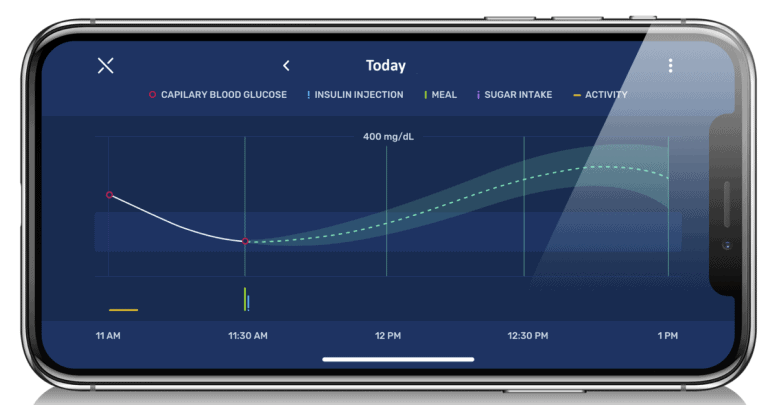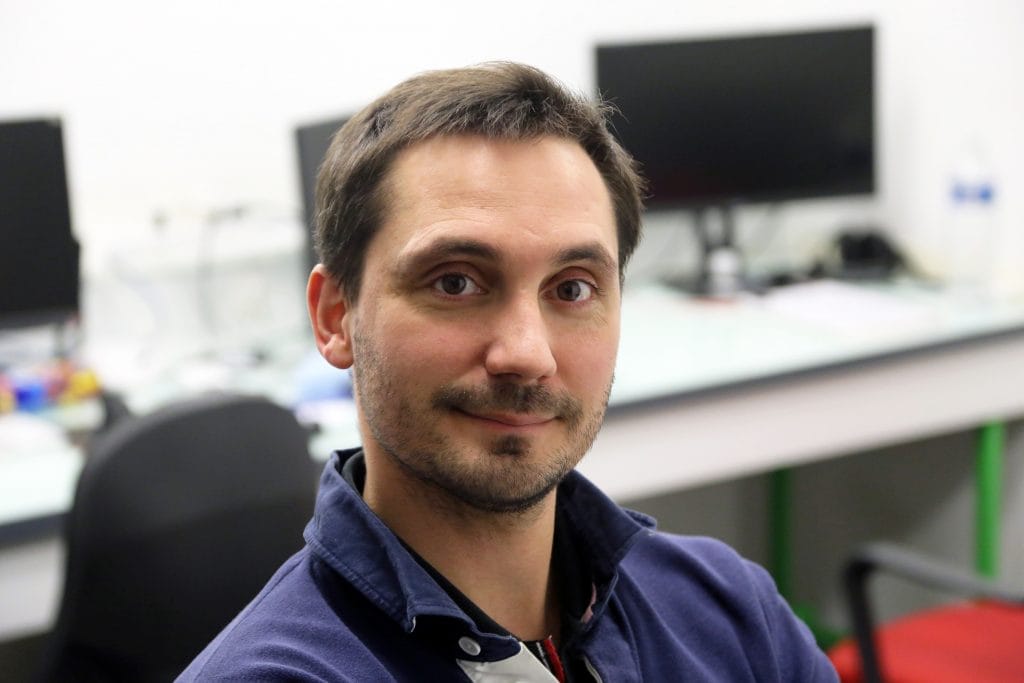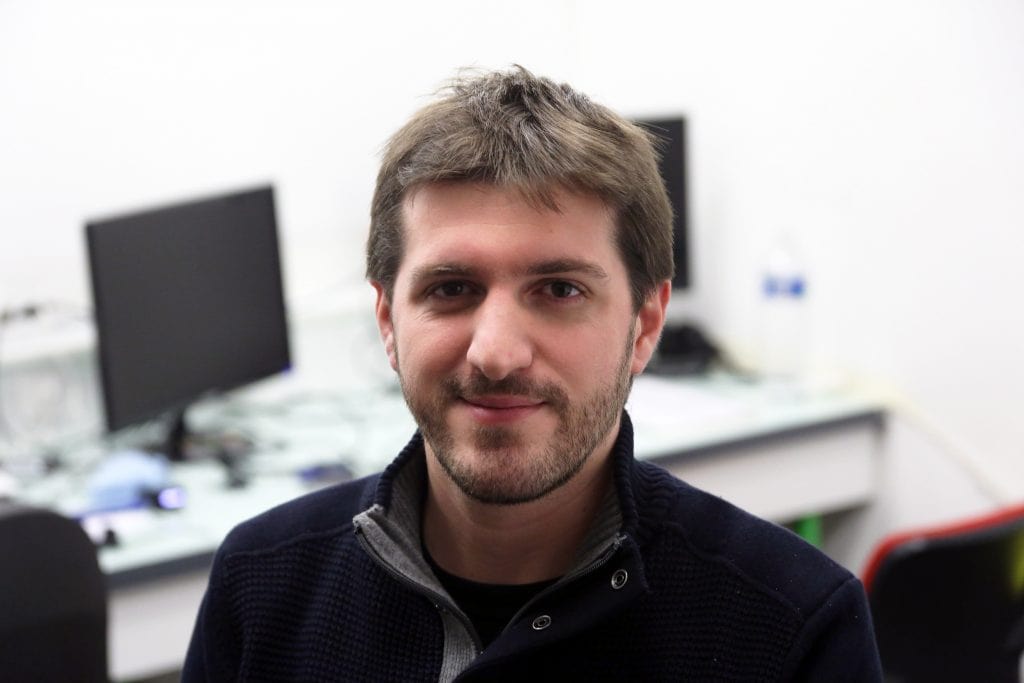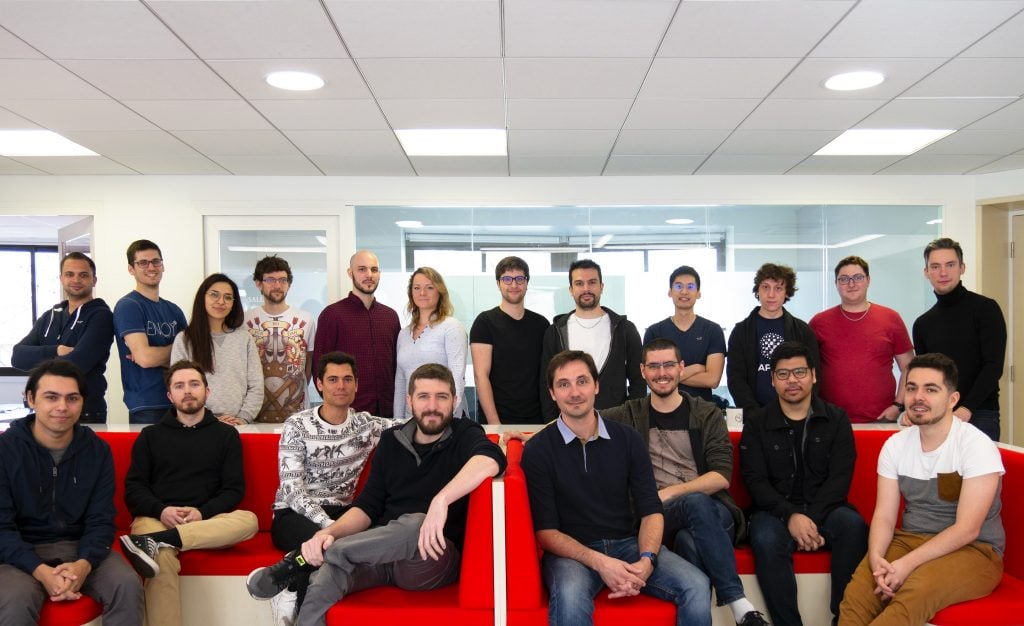Hillo to Remove Burden from your Life
Predictive BG and Insulin Dosing customized to each patient’s physiology and habits


We spoke with Stéphane Bidet, CEO of Hillo — http://hillo.ai.
“Nicolas Caleca, CSO, and I founded this company to reduce the fear and unpredictability of managing T1D.
“My wife has T1D and I see her struggles. She is fearful of the complications of hyperglycemia so she generally overdoses with insulin. Thus, she has developed hypo-unawareness. I have my alarm set for 2 AM and each night I check her BG to make sure she is not in a hypo.

“Nicolas and I have a mutual friend that fears hypos and generally underdoses on insulin. He knows that he is going to have complications but fears the loss of control with a hypo.
“To reduce fear we have to extend the time period in which BG predictions are accurate.
“This is hard because:
- CGMs measure interstitial fluid which lag the level of glucose in your blood by 15-20 minutes.
- Insulin action curves vary considerably and even the fastest acting insulins take 30-45 minutes to start taking effect and their peak action takes about 90 minutes.
- The timing of glucose from food varies with the volume and mix of carbs, proteins, and fat
- Each person has their own physiology, and this is influenced considerably by stress, sleep, sickness, other medications, and activity.
Our insight is that any glucose prediction algorithm must be individualized to every patient’s physiology and habits, and evolve based on their data.
“Our method combines pharmacokinetic and data-driven modeling. Our goal was to extend the horizon for effective recommendations, and we have achieved a 2-hour horizon for accurate BG prediction.
- Pharmacokinetic models are used to generate informative data regarding the past physiological state.
- Data-driven models are machine learning algorithms, which provide glycemic prediction through the input data which includes glucose measurements along with the informative data from the pharmacokinetic model.
“Integrating a heart rate monitor into the data-driven model is an example of how personal activity data could help adjust BG predictions and associated insulin dosing recommendations.
Our approach is in contrast to the established artificial pancreas models which focus primarily on pharmacokinetic modeling. Their descriptive models have a 30-minute horizon for confident BG prediction.
“Today, the number one issue patients with diabetes face is the decision-making process. What is needed is immediate assistance, which considers the patient’s specific and individual parameters,” said Eric Renard, MD, Division Chief of Diabetic Medicine @ CHU Montpellier. “With Hillo, I understand each patient’s glycemic response and can assist them with a customized solution. And this is unprecedented!”
Hillo’s personalized decision support tools anticipate and avoid complications. Initial trials have demonstrated outstanding accuracy for up to 120 minutes.
Release Plans
Release V1.0
Available now in closed beta version
- Connected logbook
- Basic advice on meals and activities
- Calendar view with a focus on BG excursions
- Key indicators
- Simulation features
Release V2.0 (Medical device class I)
Anticipated by end of 2019 in Europe and end of 2020 in the US. This release will be applicable to people using CGMs and either insulin pens or MDI.
- BG prediction
- Automatic pattern recognition
Release V3.0 (Medical device class II)
Anticipated by end of 2020 in Europe. This release will be applicable to people using CGMs and either insulin pens or MDI. Depending on licensing arrangements, it may also be available with certain pumps or artificial pancreas systems.
- Low/high prediction alerts
- Therapeutic advice
- Automatic pattern analysis
- Basal adjustments

Company
Hillo employs 20 people and has its primary office in Paris. It was founded in 2016 and has raised 800k Euros. It is in the process of raising another 3 million Euros.
The company anticipates that most of its success will come from licensing its technology and services to established medical device firms.